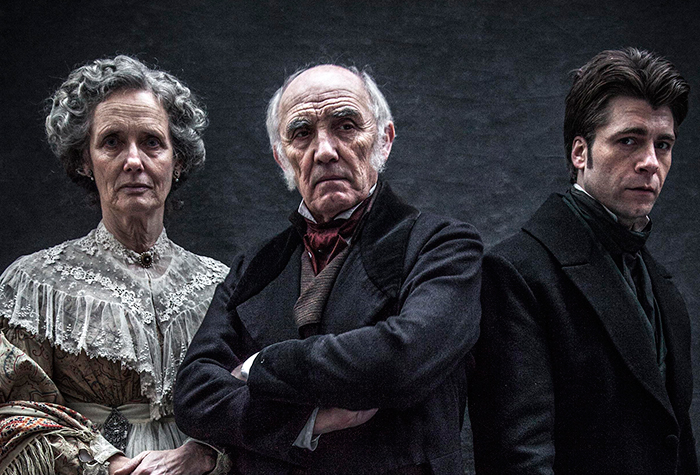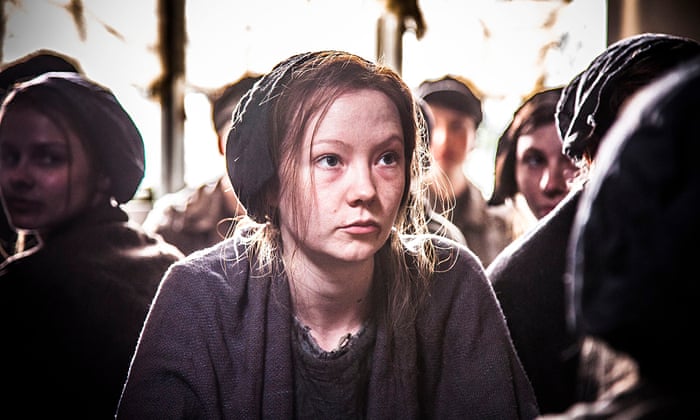The Mill – Series One: A Gritty Window into Industrial Britain
The Mill – Series One, first aired in 2013 on Channel 4, is a gripping historical drama that pulls viewers deep into the harsh realities of early 19th-century industrial England. Based on real-life records from the archives of Quarry Bank Mill in Cheshire, the series tells the story of the workers—especially the apprentices—who labored under the shadows of the looming cotton machinery during the rise of Britain’s industrial empire.

Set in the 1830s, Series One focuses on the lives of the apprentices at Quarry Bank Mill, many of whom were orphans or children from impoverished families forced to work in brutal conditions. The story centers on Esther Price, a fiery and courageous young woman portrayed with raw emotion by Kerrie Hayes. Esther refuses to stay silent about the injustices around her—standing up against not only dangerous working conditions but also the social constraints that keep the working class voiceless and invisible.

What makes The Mill so compelling is its unflinching realism. It doesn’t sugarcoat the cruelty of the time. Long hours, child labor, corporal punishment, and gender inequality are all explored with nuance and depth. The series doesn’t rely on melodrama but rather uses historical accuracy and human emotion to immerse viewers in the day-to-day lives of the mill workers.

While the apprentices form the emotional core of the show, the mill owners—the Greg family—are depicted with moral complexity. They are progressive by the standards of the era, advocating for education and reform, but they are still deeply embedded in a system that thrives on exploitation. The show resists painting any side as purely good or evil, highlighting the contradictions of industrial progress.

Visually, The Mill captures the grim beauty of the era with muted colors and atmospheric cinematography. The clang of machinery, the dimly lit workrooms, and the rural yet industrial landscapes all contribute to a mood of quiet struggle and resilience. This tone supports the show’s deeper themes: the clash between tradition and reform, wealth and poverty, power and resistance.
At its heart, The Mill – Series One is about the birth of change. Esther and her fellow workers are not just victims—they are pioneers of labor rights, voices of a generation that began to challenge the systems that oppressed them. Through its characters, the series shows how real historical movements—such as the fight for shorter working hours and the rise of trade unions—began with individuals who dared to speak up.
In an era when television often romanticizes the past, The Mill stands apart by refusing to do so. It’s a sobering, thought-provoking, and ultimately inspiring portrayal of working-class life during one of the most transformative periods in British history. Series One lays a powerful foundation for a story not only about survival, but about the beginning of a revolution.



